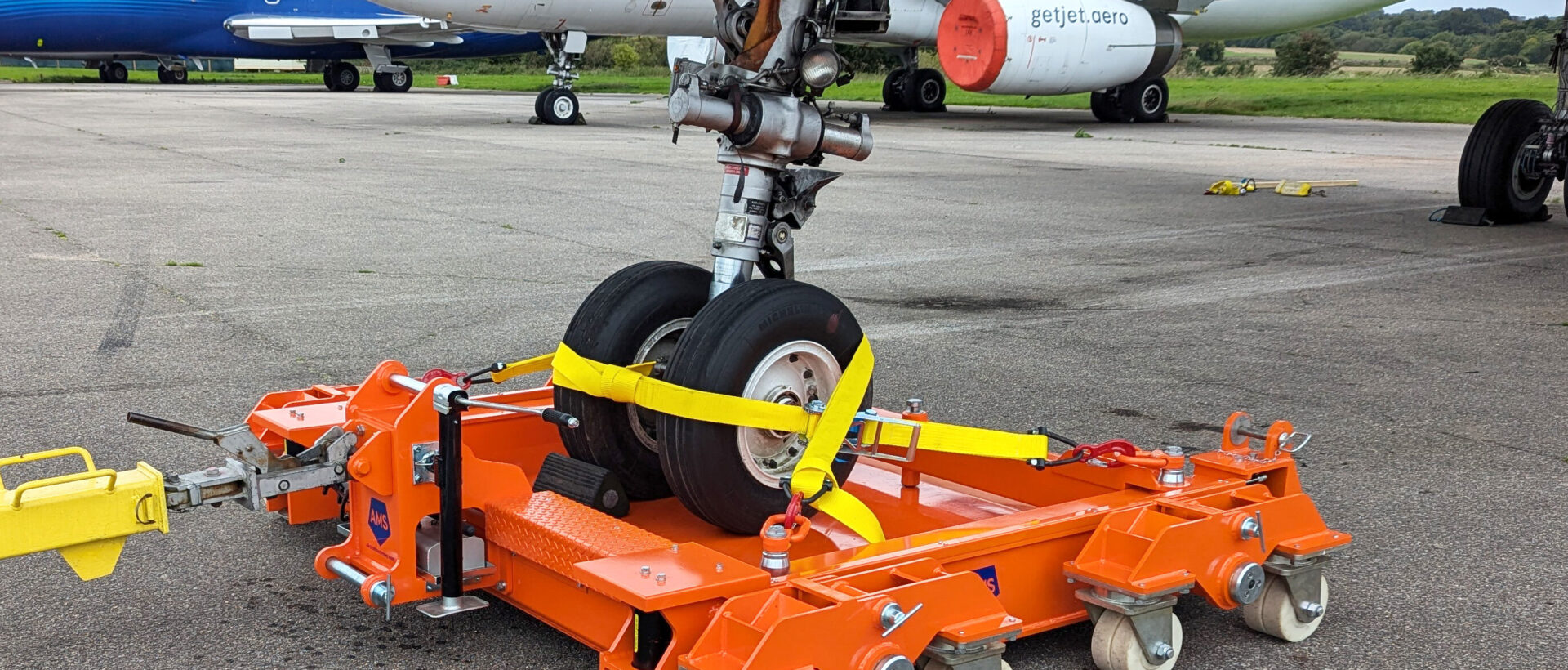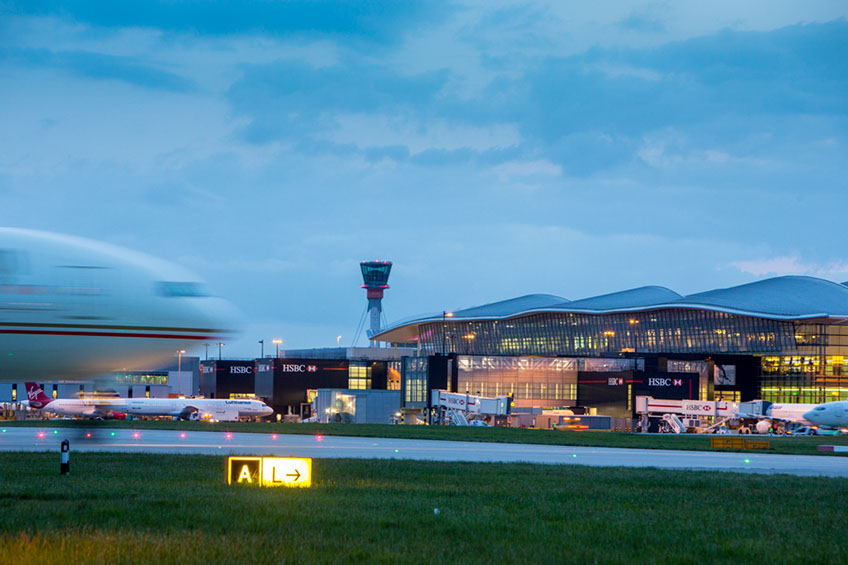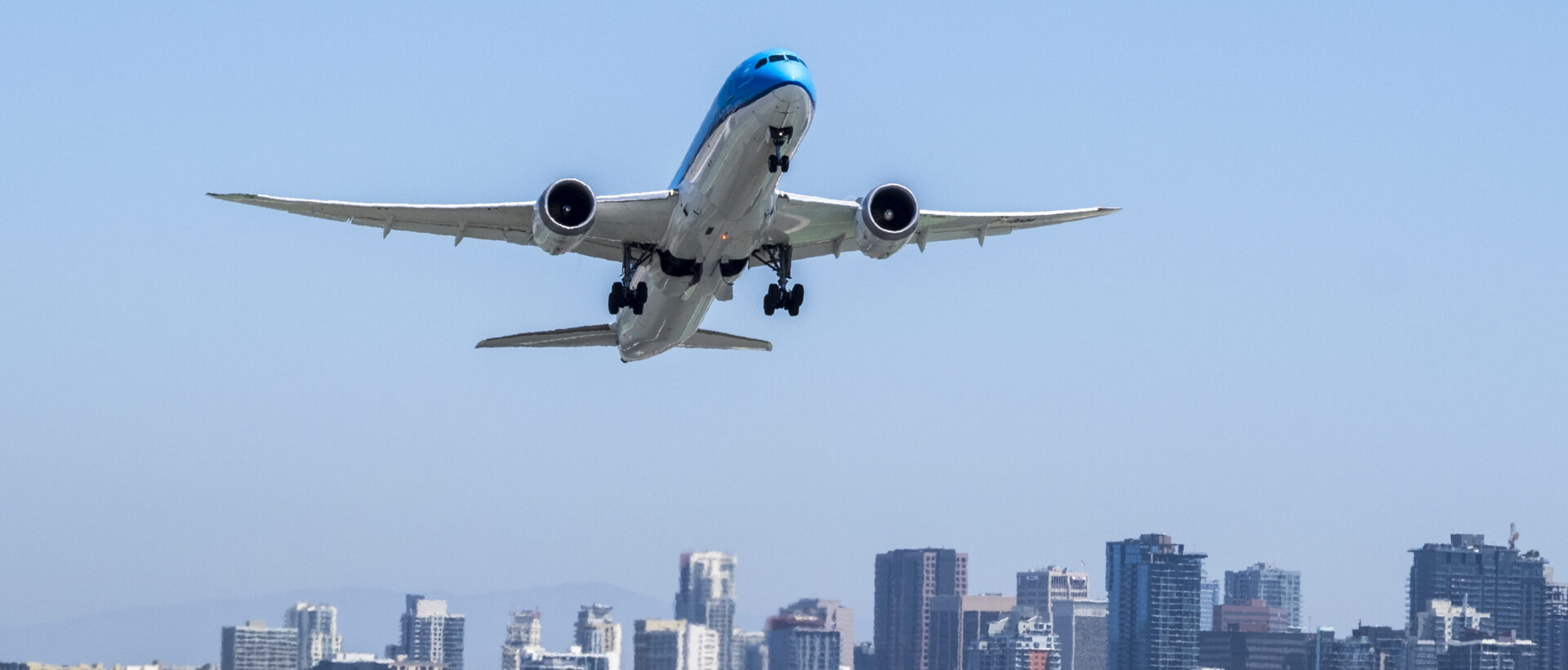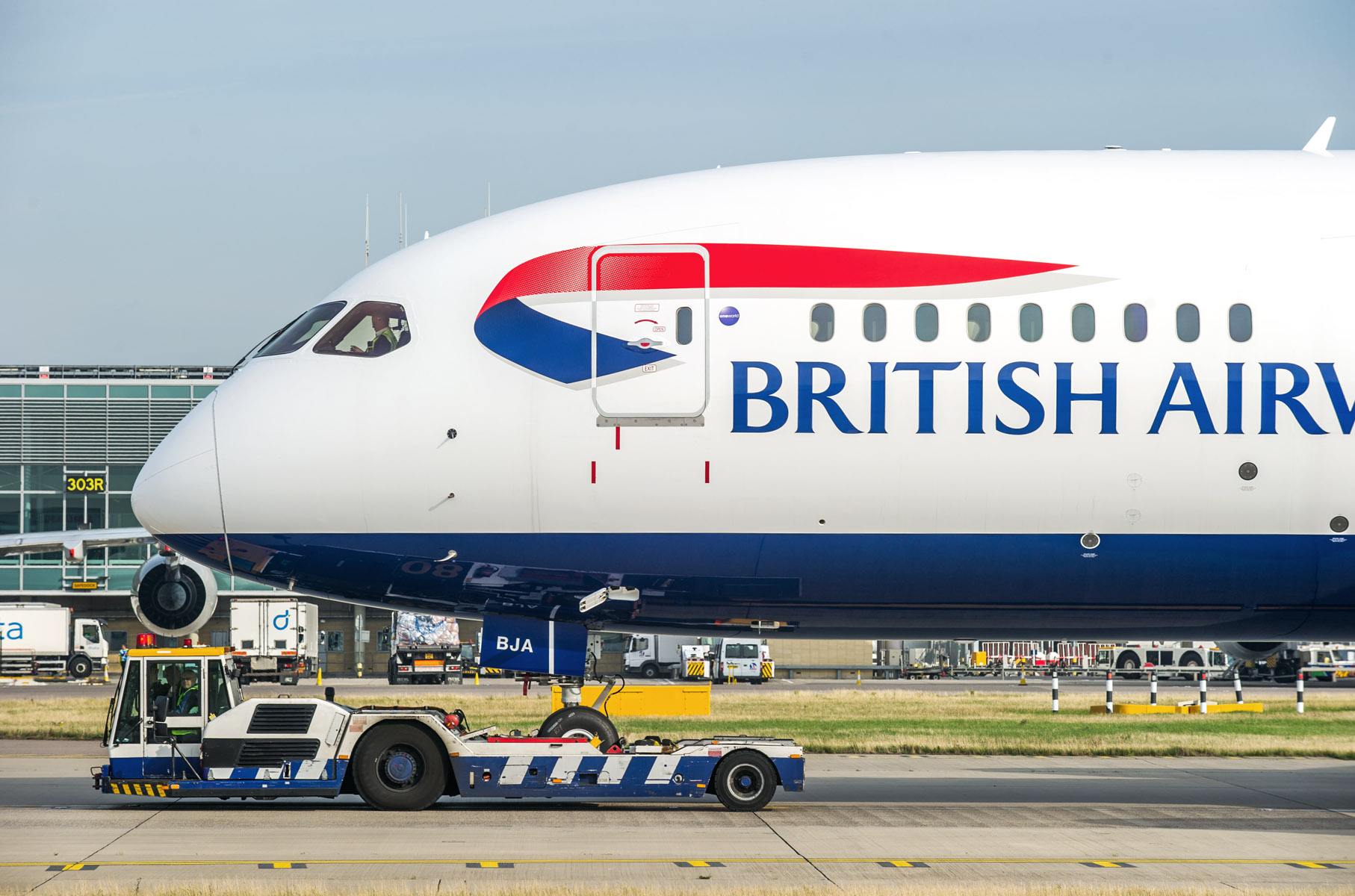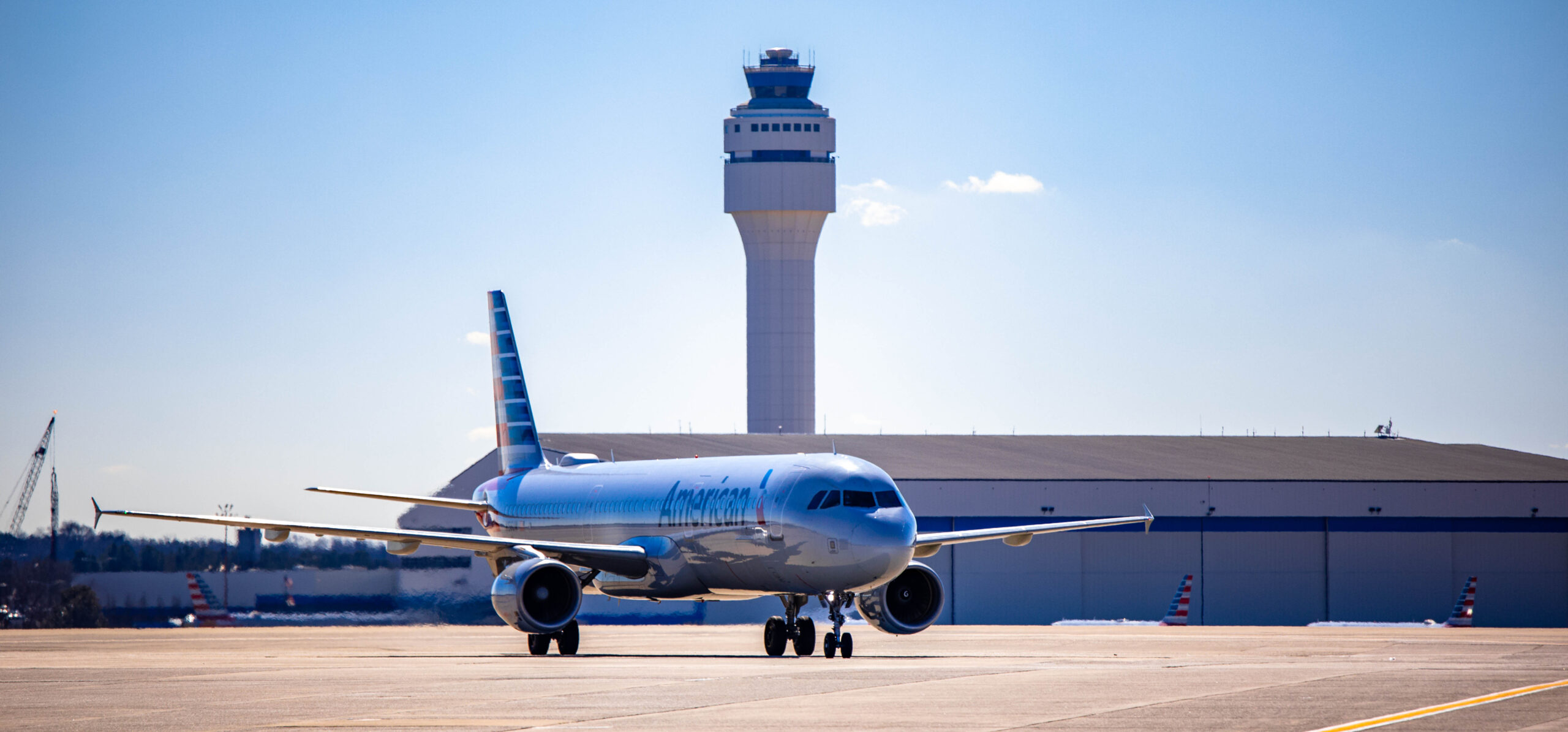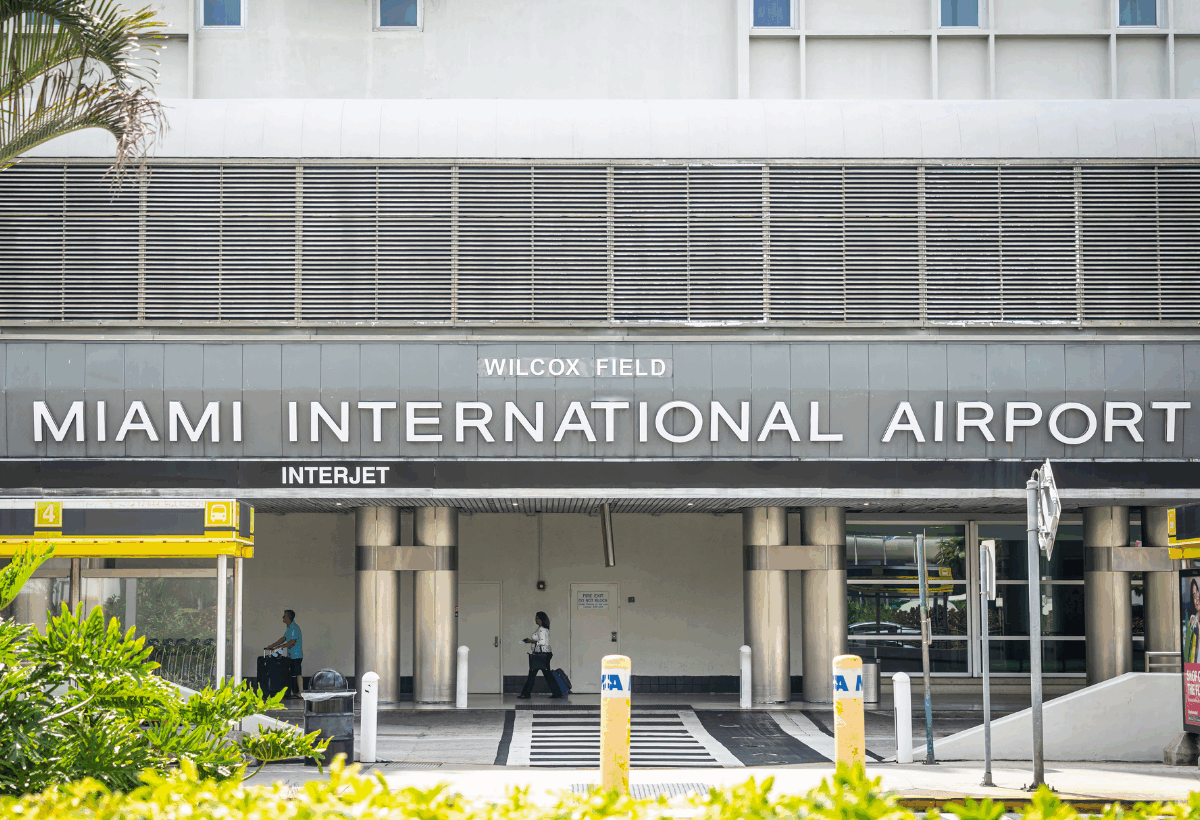As the global aviation industry works towards decarbonisation goals, the pace and direction of progress are increasingly shaped by shifting political landscapes. Changes in government bring altered priorities, funding frameworks, and regulatory approaches, creating both opportunities and potential headwinds.
In a panel discussion at Sustainable Skies World Summit, taking place at Farnborough International Airport from 14-15 May, senior figures from major airlines, government, and sustainability organisations offered insights into how these politics are influencing the net-zero transition.

Geopolitical Uncertainty
The backdrop to the discussion acknowledged the current period of increased geopolitical uncertainty. In both the UK and the US, trade tensions and populist politics are reshaping priorities, leading to the potential for adverse impacts on climate commitments.
The panellists acknowledged that in the US, President Trump has expressed consistent scepticism towards climate change and has implemented policies that reflect this stance. Meanwhile, Duncan McCourt, Chief Executive at Sustainable Aviation, noted that the increasingly popular Reform party in the UK is following suit, and as a result, the public and political rhetoric surrounding net-zero priorities is changing.
Polona Gregorin, Head of Unit Mobility at the European Commission, highlighted the risks associated with this dynamic political landscape. In particular, the transition to using Sustainable Aviation Fuel (SAF) represents a long-term investment that requires a stable course and consistent regulations. Without consistency, investors and operators alike face uncertainty, which risks hindering progress at a time when momentum is most needed.
Economic Development
Despite the impact of political tensions on net-zero ambitions, the panellists were optimistic that the support for SAF could continue due to economic factors.
Gregorin stressed that in Europe, SAF production will help ensure Europe remains a competitive market in the sector. This drive complements the European Union’s regulatory mandates for SAF, motivated by the need to decarbonise aviation
Likewise, in the US, support for SAF is persisting across party lines by focusing on economic development and job creation, rather than solely on climate impact. For example, Jill Blickstein, Vice President and Chief Sustainability Officer at American Airlines, cited the extension of federal SAF tax credits to 2031 as a key win.
Blickstein said:We've worked closely with both Republicans and Democrats on the hill to make the case for Sustainable Aviation Fuel as a job creator, as a way to support communities, and as a form of production and economic power that can stretch across the United States.
We've seen a nice buildup of support for staff on both sides of the aisle, so that SAF doesn't have to be a partisan climate issue. It's an economic opportunity.
Furthermore, Diana Birkett Rakow, Senior VP of Public Affairs & Sustainability at Alaska Airlines, noted that opportunities to enhance sustainability will also arise from the federal government’s present focus on improving the nation’s Air Traffic Control System. Last week, US Secretary of Transportation Sean P. Duffy announced a plan to build a new air traffic control system to replace the nation’s current infrastructure. This system should be able to deliver improved efficiencies in flight paths and operations that will, in turn, reduce emissions from fuel.
As a result, although decarbonisation may not be the primary priority, the industry can still leverage relevant opportunities to advance progress towards sustainability.
State-Level Support in the US
In addition to federal support, arguably driven by the potential for SAF to act as an engine for economic growth, state-level initiatives in the US also play a pivotal role in advancing the sector.
For example, Birkett Rakow detailed how Washington State has enacted SAF production incentives, drawing companies like Twelve to invest in local infrastructure. Meanwhile, Illinois has taken a different route, offering purchase incentives for SAF buyers. With these contrasting models, US states are able to serve as test beds for scalable national strategies.
The utility of these initiatives was highlighted by Jill Blickstein, who noted that American Airlines is purchasing SAF to be transported via a pipeline from a production facility in Texas to Chicago O’Hare International Airport (ORD), leveraging the state of Illinois’ purchase incentives.
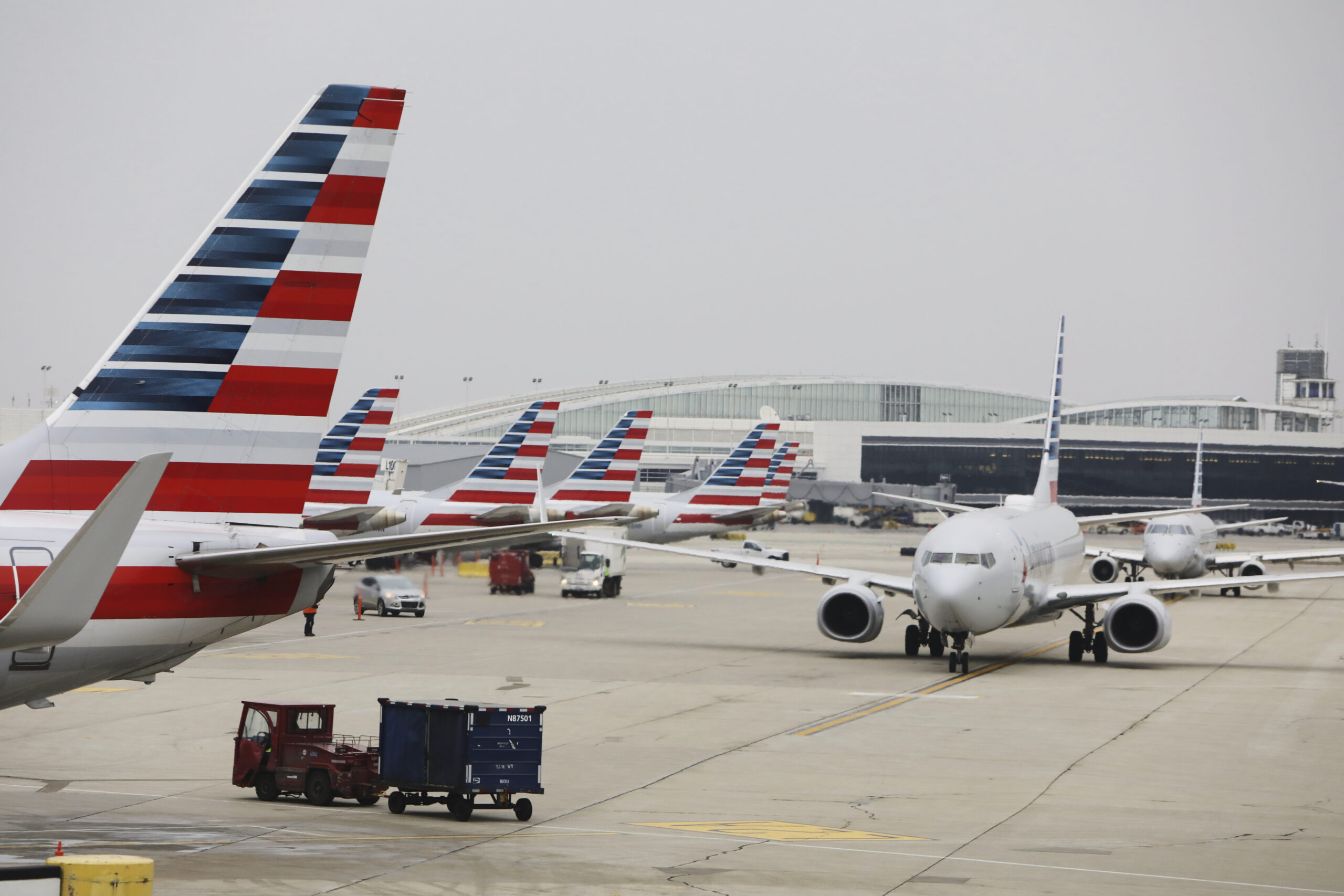
Growth vs. Green in the UK
In the UK, despite noting that the increasingly popular Reform Party appears to be echoing Trump-era attitudes and deprioritising climate action, McCourt maintained that the current UK government remains committed to its net-zero roadmap. In fact, earlier today, the new measures to accelerate the support of sustainable aviation fuel (SAF) were introduced in Parliament.
However, panel moderator, Dirk Singer, Head of Sustainability at SimpliFlying, pointed out a disconnect between a sustainable ambition and recent government decisions—specifically the approval of multiple airport expansions, including the proposed third runway at Heathrow. Adding to this tension, Chancellor Rachel Reeves has publicly prioritised nationwide economic growth over the protection of natural ecosystems.
Political tension and uncertainty are therefore clearly present in the UK, adding to a global picture of uncertainty around the future of climate policy.
With this in mind, the panel reached consensus on a key message: the aviation sector must not allow political shifts to derail its net-zero trajectory. It must remain on course to decarbonise regardless of who’s in power in each nation.
International Models – Singapore
To achieve this vision, the industry requires clear, consistent regulations and policies that encourage stable investment in key technologies such as SAF. Policies and pricing currently vary greatly across nations with different mandates, levy structures, and incentive schemes, and the most prosperous model is not yet evident.
As an example, Singapore’s emerging model drew particular attention during the panel discussion for its consumer-facing approach. A small surcharge on airline tickets, essentially a SAF levy, will be used by the government to purchase SAF centrally, creating cost stability and transparency.
Jill Blickstein praised this model, stating that it fosters awareness among consumers while also sending a stable demand signal to producers. However, McCourt cautioned against this approach in the UK, where public support is already wavering away from politics that favour net-zero initiatives. He argued that an explicit tax on consumers could easily contribute to eroding public support for climate action in aviation.
Looking Ahead
Ultimately, the event highlighted that the challenge to decarbonising aviation isn’t just technological. It is political, economic, and cultural.
Accelerating technology remains a key challenge, but aligning policy and public support is arguably even harder—and even more essential.






